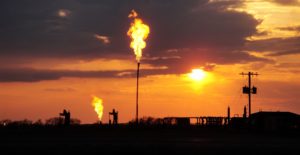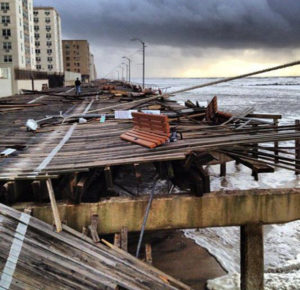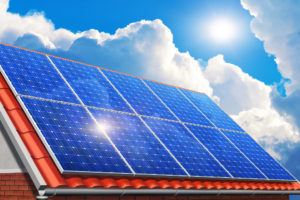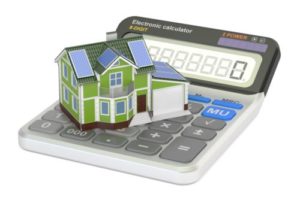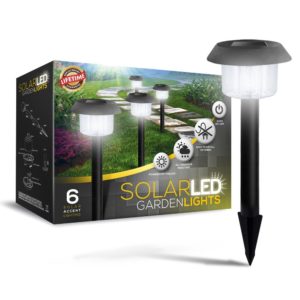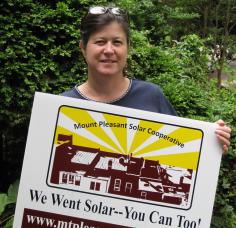
Thousands of people in hundreds of neighborhoods from Washington, DC to Washington state are already doing this, using a tried and true method that’s been around for over a hundred years, if not longer: They’re creating “residential purchasing groups,” also called cooperatives or co-ops, and using the collective power of their purses and pocketbooks to negotiate favorable deals from companies that want to do business with them.
Solar Co-Ops
In this case, the purchasing groups are taking shape as “solar co-ops.” Solar panel technology uses photovoltaic cells to convert sunlight into electricity. Solar is cleaner than coal, and the supply is unlimited. You never need to worry about oil embargoes, oil spills, or coal mine explosions. Using solar also cuts air pollution and significantly reduces climate change. But here’s the catch: solar has never received the generous federal or state tax subsidies that fossil fuels have. Though the price is coming down, solar still costs more than conventional power.
By going solar via a cooperative group, each participant gets solar panels for 20-30% off the cost of their system. (Do you buy in bulk at Costco or your grocery store? It’s the same principle.) The group:
1) selects a single contractor to install the systems
2) purchases the systems together, but…
3) each participant owns his/her own system and signs an individual contract with the installer.
Benefits? Lots!
No obligation. In most cases, joining the co-op isn’t a binding commitment. Rather, it creates a way for you to review your roof’s suitability for solar panels using Google Maps, and it provides contact information so the chosen installer can get in touch with you and schedule a site visit to provide a free quote.
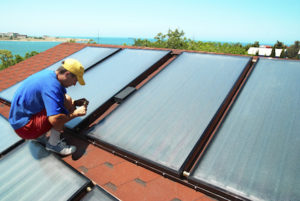
Save money, improve your community. In addition to making solar less expensive, a co-op can become a positive force for change in the community. Solar co-ops have been able to exert influence over the political process, government agencies, and local utilities to promote other clean energy programs and give utilities guidance on proposed rate changes or the construction of new power plants.
Get More Info Here…
For more information on how to launch your own solar co-op, check in with Community Power Network, a non-profit based in Washington, D.C., that has organized dozens of co-ops in the Washington metropolitan area, northern Virginia, West Virginia and parts of Maryland. Even if you don’t live in the D.C. region, you’ll find lots of useful information to help you get a co-op started in your community.
See what’s happening in Baltimore, where the Baltimore Interfaith Solar Co-op lets members purchase home solar systems from an installer en masse, negotiating a group rate that is better than if each homeowner purchased a system on her own.
Mt. Pleasant Solar Coop is an association of more than 300 households in Washington, DC’s Mt. Pleasant neighborhood. Founded in 2006, so far, the coop has installed solar panels on nearly 100 houses – 10% of their neighborhood. (That’s a picture of Mt. Pleasant Solar Co-op co-founder Anya Schoolman, above.)
D.C. Sun (DC Solar United Neighborhoods) is a non-profit that is promoting solar throughout Washington, D.C. They estimate that solar energy could provide about 30% of the District’s electricity needs. Their website offers some terrific resources that will help businesses, nonprofits, congregations and small businesses go solar along with households.
Have you already gone solar? Please share your experience. We’d love to know how it’s working for you. Thanks.




